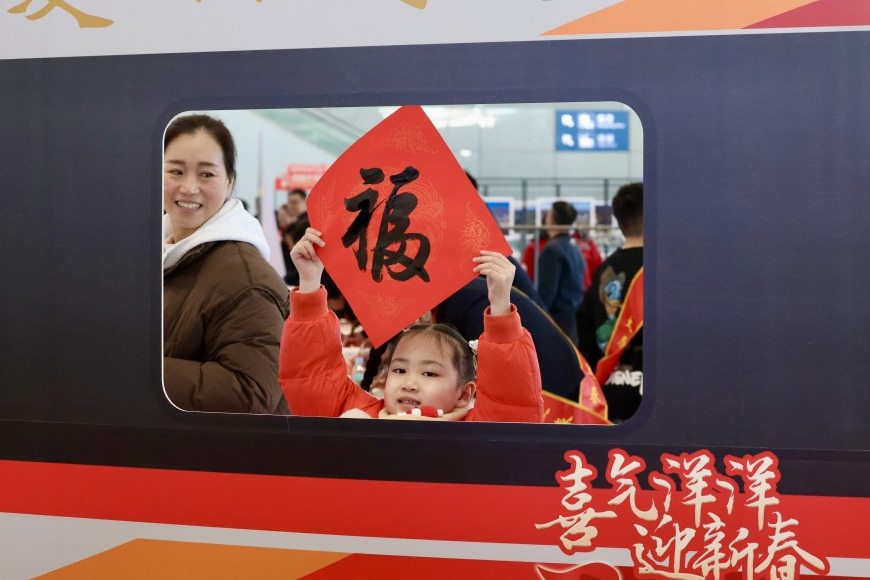Historical records of Nanjing Massacre exhibited in Japan
People's Daily Online | Updated: 2017-07-18 15:12
An exhibition on the Nanjing Massacre opened in Hiroshima, Japan, on July 15, Nanjing Daily reported. It's the first such exhibition in the city in 20 years. Fifty displays consisting of more than 200 photos show the various atrocities that Japanese invaders committed in China, especially in Nanjing.
A civil peace delegation from Nanjing brought many of the objects to the exhibition, drawing much attention from Japanese citizens. Many of the objects were open to the public for the first time.
Nine personal letters from Japanese soldier Nakajima Ryozo record many of the miserable details of the invasion 80 years ago.
During the war, all Japanese soldiers' belongings had to be checked by the military before they could go back home. A lot of the records had been erased. However, Nakajima Ryozo died while fighting and the letters were brought back to Japan by his comrade. A Japanese scholar named Kurabashi Masanao got a chance to print copies of the letters. In the ninth letter, Nakajima Ryozo mentions that Japanese soldiers killed Chinese people every day and about 30,000 bodies were thrown into the Yangtze River. Kurabashi Masanao expressed his view when sorting the letters: "Nakajima Ryozo is only an ordinary soldier, but he directly witnessed the death of 30,000 Chinese people. This tells us a huge number of Chinese people were killed by Japanese soldiers."
In 2014, the Japanese scholar sent copies of the letters to Anti-Japanese War Museum in Nanjing during an exhibition in Nagoya. Japanese soldiers recorded their combat gains on flags during the war. The museum has a collection of three Japanese flags with war records. A banner written by the main Japanese war criminal Hisao Tani recorded the moment when Japanese soldiers' invaded Nanjing. "The words on the flags and the banner are undeniable evidence of the Nanjing Massacre," said Wu Xianbin, curator of the museum.
An investigative report on the massacre issued by the then Nanjing Provisional Senate became a focus of the exhibition. After the anti-Japanese victory, the Chinese government conducted a large-scale investigation of Japanese crimes. The Nanjing Provisional Senate formed an investigation commission for this specific reason. The report contains many survivors' testimonies.
The exhibition will last till July 23. Kurihara Kimiko, a former Japanese senator, attended the opening of the exhibition. She stressed its importance and hoped for more Japanese visitors and more such activities in the future.
























